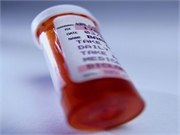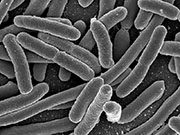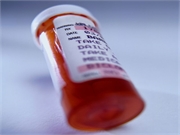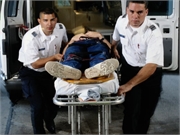Emergency Medicine
Home Emergency Medicine
Information on COVID-19 Provided for Gastroenterologists
COVID-19 can include GI symptoms such as diarrhea; gastrointestinal tract is potential route of infection
Recommendations Issued for Pediatric Abuse-Related Head Trauma
Recommendations for pediatricians include remaining vigilant for signs, consulting subspecialists
Shortages Seen for Drugs That Show Promise Against COVID-19
Patients who currently rely on remdesivir or hydroxychloroquine now facing dangerous shortages
More Americans Recognizing Importance of COVID-19 Safety Measures
Yet many Americans still believe they have little chance of catching the virus
Article Addresses Management of Cancer Care During COVID-19
Patient information should be provided; well visits should be rescheduled, transitioned to telemedicine
Mental Health at Risk for Health Care Workers Treating COVID-19
Nurses, women, frontline health care workers caring for COVID-19 patients at greater mental health risk
2017 to 2018 Saw Drop in Overdose Death Rates Involving Opioids
But rates involving synthetic opioids increased
E. Coli Outbreak Tied to Clover Sprouts Rises to 39 Cases in Six States
25 new cases Feb. 26; two people have been hospitalized
Statement Addresses Concerns About Heart Meds and COVID-19
Patients advised to continue ACE inhibitors/ARBs after researcher posits risk for severe COVID-19 infection
Homeless Patients With AMI Have Distinct Risks, Outcomes
Homeless patients have higher 30-day readmission rates, more readmission for psychiatric causes



















